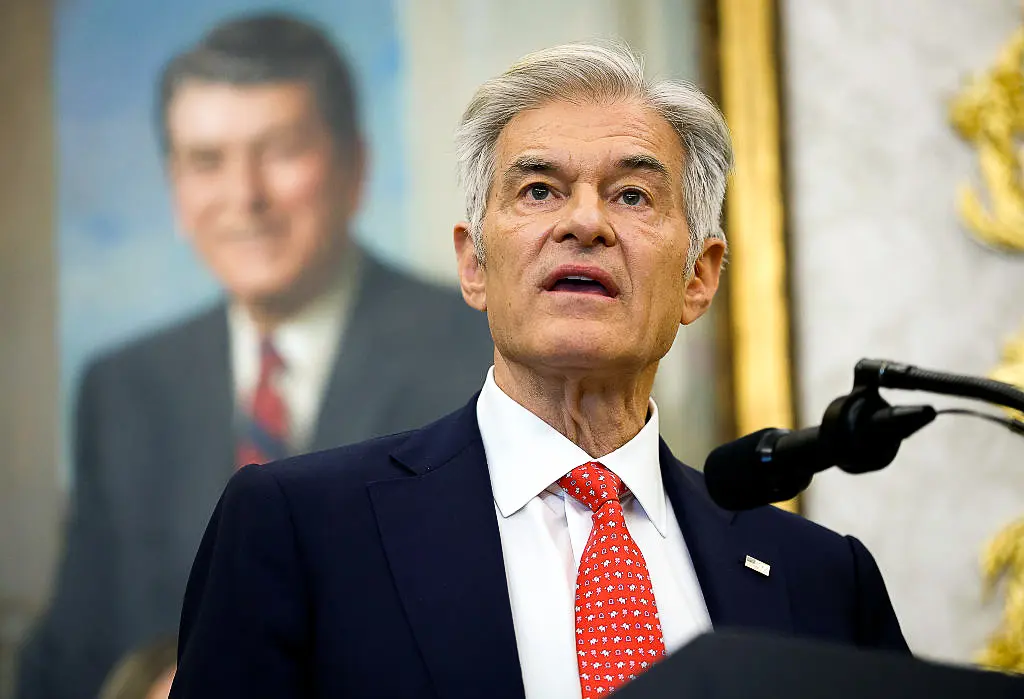Russian President Vladimir Putin signed a decree on April 4 to place visa restrictions on countries that have taken “unfriendly actions” against the Kremlin in recent weeks.
The decree was mandated “in response to unfriendly actions of the European Union,” according to the text of the order, state-run media reported. Russian news outlets published a photo of Putin signing the measure.





